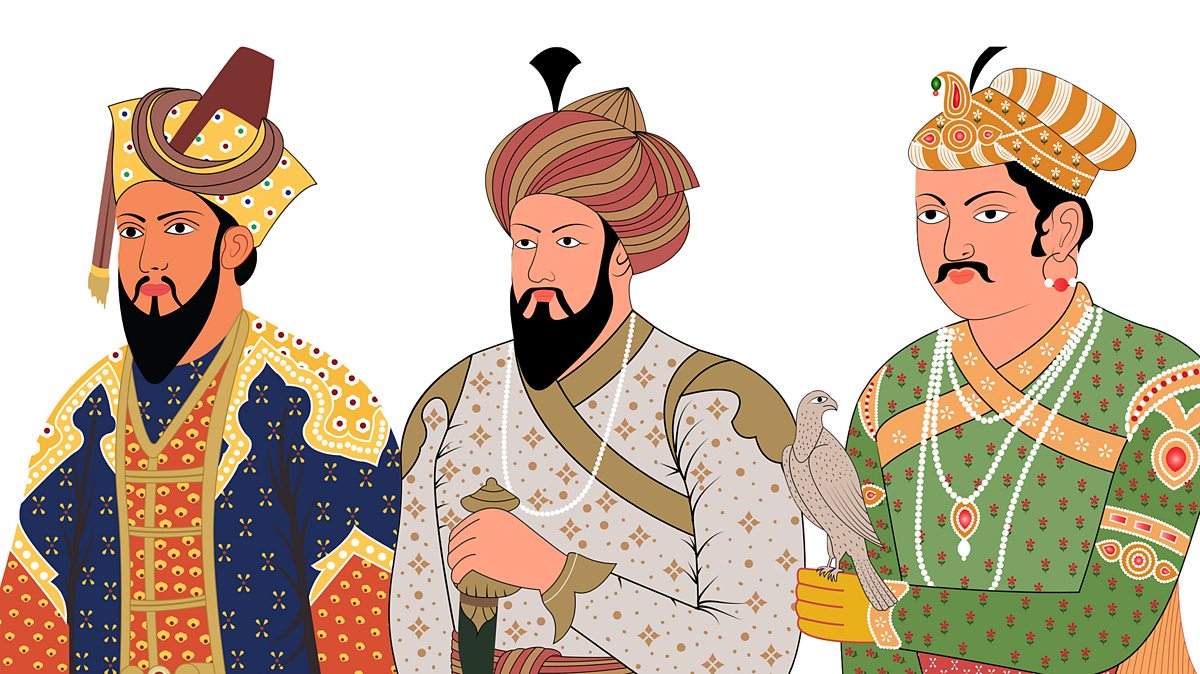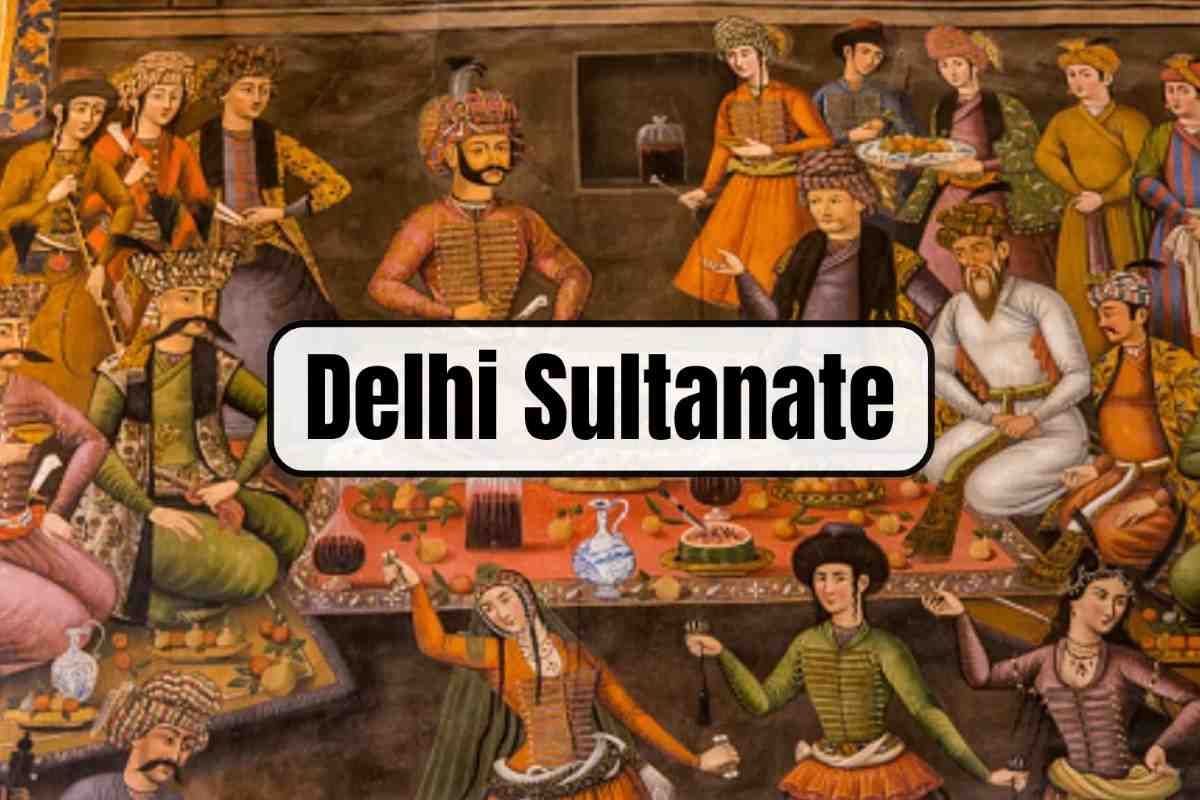Strengthening Ties in Southeast Asia: PM Modi’s Strategic Diplomacy in Brunei and Singapore
Introduction
Prime Minister Narendra Modi’s visits to Brunei (September 3-4) and Singapore (September 4-5) mark key moments in India’s foreign policy. These visits align with India’s broader “Act East” Policy and Indo-Pacific vision. The “Act East” Policy focuses on improving relationships with Southeast Asia, a region that plays a crucial role in India’s growth, security, and influence. Brunei and Singapore may be small in size, but they are highly significant in Southeast Asia, both economically and politically. Modi’s strategy focuses on economic partnerships, defence cooperation, and cultural diplomacy, with a broader goal of balancing China’s increasing influence in the region. This essay explores the significance of these visits in various areas, such as economic relations, defence cooperation, and cultural exchanges. It also discusses how these efforts contribute to India’s overall strategy of enhancing its presence in Southeast Asia.
Economic Relations: A Focus on Growth
Economic partnerships are central to PM Modi’s strategic diplomacy in both Singapore and Brunei. Singapore is a global financial centre and a key member of the Association of Southeast Asian Nations (ASEAN). It serves as a gateway for India to Southeast Asia. Singapore has been one of the largest investors in India, and under Modi’s leadership, the two countries have further strengthened their trade ties. The relationship has grown to focus on sectors such as green technologies, digital advancements, and electric mobility.
During his visit to Singapore, PM Modi discussed enhancing cooperation in areas like education, healthcare, and technology. One key area was semiconductors, which are vital for India’s goal of building a strong manufacturing industry. By working with Singapore, which has a well-established semiconductor industry, India can reduce its reliance on China for critical technology components. This partnership also helps India manage risks in global supply chains, particularly due to tensions between the U.S., China, and Taiwan.
Brunei, though smaller, holds great importance for India due to its oil and gas reserves. Energy security is a top priority for India, and Modi’s visit aimed to secure long-term supplies of liquefied natural gas (LNG). By diversifying energy sources and reducing dependence on the Middle East, India can ensure stable energy supplies. Additionally, during Modi’s visit, an agreement was signed between Brunei and India to cooperate in space technologies, broadening their relationship beyond energy.
However, despite progress, India’s trade relations with Brunei have slowed in recent years, especially as India has shifted to importing more oil from Russia. This shows the need for India to renew and expand its economic ties with Southeast Asian countries like Brunei, particularly as the global energy landscape continues to change.
Defence Cooperation: Strengthening Security Ties
Modi’s strategic diplomacy in Southeast Asia also includes strengthening defence and security partnerships. As China becomes more assertive, particularly in the South China Sea, India is building stronger security ties with ASEAN nations. Singapore and Brunei are important partners in this strategy.
Singapore and India have worked closely on maritime security. The Strait of Malacca, a key trade route, is essential for both nations. Joint naval exercises between India and Singapore are part of their commitment to keeping sea routes free and open. These sea routes are not only important for the economy of Southeast Asia but also for the entire Indo-Pacific region. Singapore’s strategic location makes it a vital partner in India’s defence strategy.
Brunei, though not as strong militarily as Singapore, is still crucial due to its location near the South China Sea. With China expanding its influence in this area, Brunei’s cooperation with India on security matters becomes even more important. During his visit, Modi emphasised increasing maritime cooperation with Brunei, reflecting India’s intent to play a more active role in Southeast Asian security.
India’s defence partnerships with Singapore and Brunei are part of a larger strategy. Through the “Act East” Policy, India aims to make ASEAN central to the Indo-Pacific region’s security. While India’s defence collaborations with these countries are still developing, they are important steps toward balancing China’s growing presence in the region.
Cultural Diplomacy: Building People-to-People Connections
Alongside economic and defence ties, cultural diplomacy is a key component of Modi’s strategy in Southeast Asia. Strengthening cultural connections helps to deepen relationships with countries like Singapore and Brunei.
In Singapore, where there is a large Indian community, Modi has focused on enhancing cultural ties. The Indian diaspora has made significant contributions to Singapore’s economy and society. During his visit, Modi emphasised shared values like democracy, multiculturalism, and secularism, which resonate with Singapore’s diverse society. The opening of the Thiruvalluvar Cultural Centre in Singapore is an example of this effort to promote cultural exchanges. Such initiatives help to foster stronger people-to-people ties, which are essential for lasting diplomatic relationships.
In Brunei, Modi’s cultural diplomacy focused on historical ties and shared values. He highlighted India’s long history of engagement with Southeast Asia and emphasised India’s commitment to religious tolerance, which aligns with Brunei’s predominantly Muslim society. Modi’s discussions with Brunei also included promoting tourism and education, creating a foundation for future cooperation in cultural and educational fields.
Balancing China’s Influence: India’s Indo-Pacific Vision
One of the most important aspects of Modi’s diplomatic visits to Brunei and Singapore is their connection to India’s Indo-Pacific vision. The Indo-Pacific region is crucial for maintaining global stability, and India sees ASEAN as a central part of this region. By strengthening ties with countries like Singapore and Brunei, India aims to balance China’s growing influence.
Singapore is a key partner in this strategy due to its location near important sea routes in the South China Sea. During Modi’s visit, he discussed the need to ensure that the Indo-Pacific region remains open and inclusive, preventing any single country from dominating it. Singapore plays an important role in maintaining the region’s economic and security balance. Its participation in initiatives like the Quad (a group that includes India, the U.S., Japan, and Australia) shows Singapore’s commitment to regional stability.
Brunei, while not as vocal on China’s influence as Singapore, is also an important partner in India’s Indo-Pacific strategy. Brunei is involved in territorial disputes in the South China Sea, and its alignment with India on regional security issues is essential for maintaining a balance of power. Modi’s visit reinforced India’s commitment to building strong partnerships with Southeast Asian countries as part of its broader goal of countering China’s influence.
A Strategic Future
PM Modi’s visits to Brunei and Singapore demonstrate India’s commitment to strengthening its relationships in Southeast Asia. These visits have led to significant progress in the areas of economic cooperation, defence ties, and cultural diplomacy. Singapore, with its position as a financial hub and its strategic location, plays a crucial role in India’s regional strategy. Brunei’s energy resources and proximity to the South China Sea make it an important partner as well.
As the Indo-Pacific becomes more central to global politics, India’s engagement with Southeast Asia will continue to be a key focus of its foreign policy. By fostering strong partnerships in economic growth, defence cooperation, and cultural exchanges, PM Modi is positioning India as a key player in the region. His efforts to balance China’s growing influence, particularly in the South China Sea, show that Southeast Asia, including countries like Brunei and Singapore, will remain important partners for India in the future.
Conclusion
In summary, Prime Minister Modi’s strategic diplomacy in Brunei and Singapore is not just about short-term gains, but about building long-lasting relationships that will help India strengthen its presence in Southeast Asia and contribute to peace, stability, and prosperity in the Indo-Pacific region.



